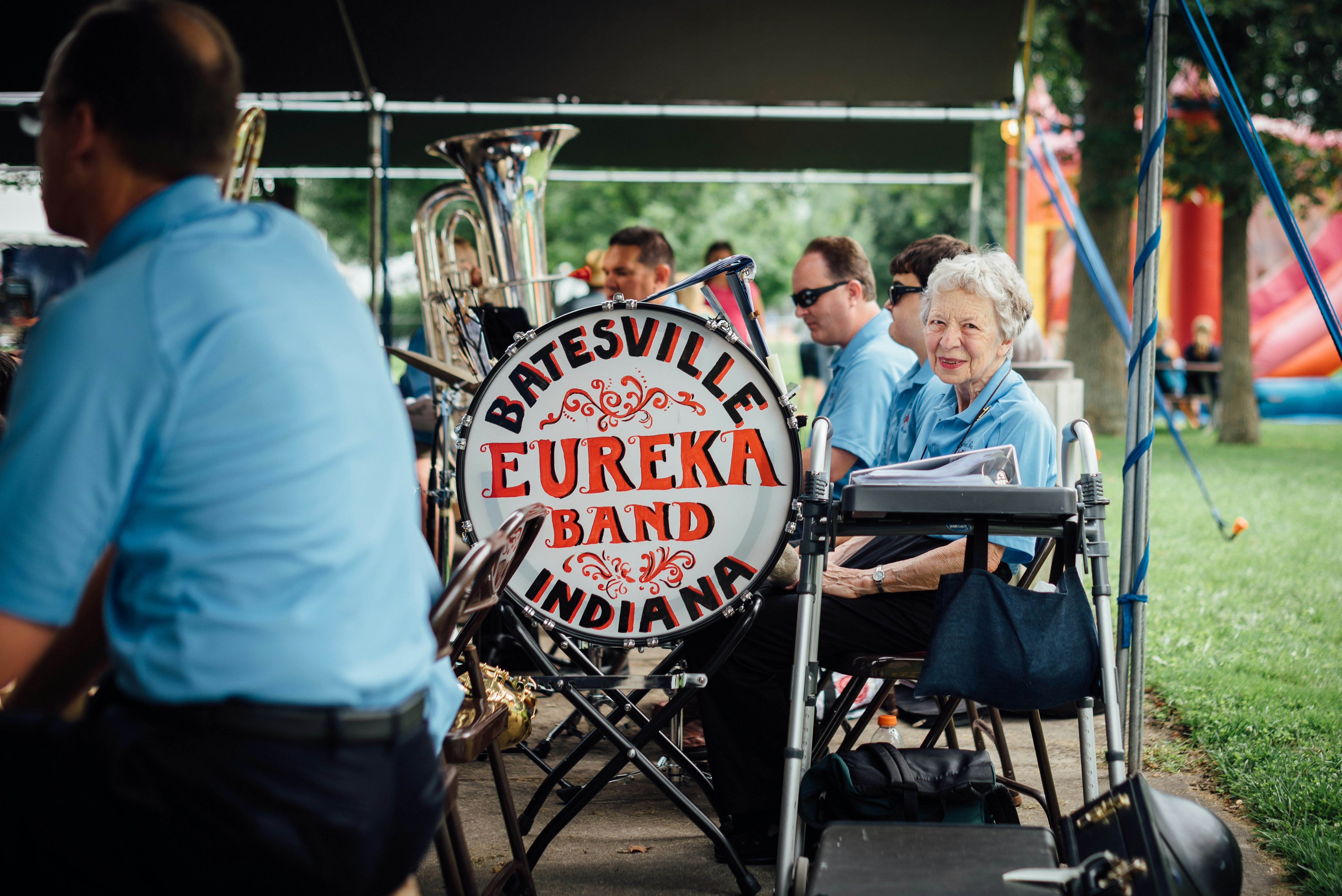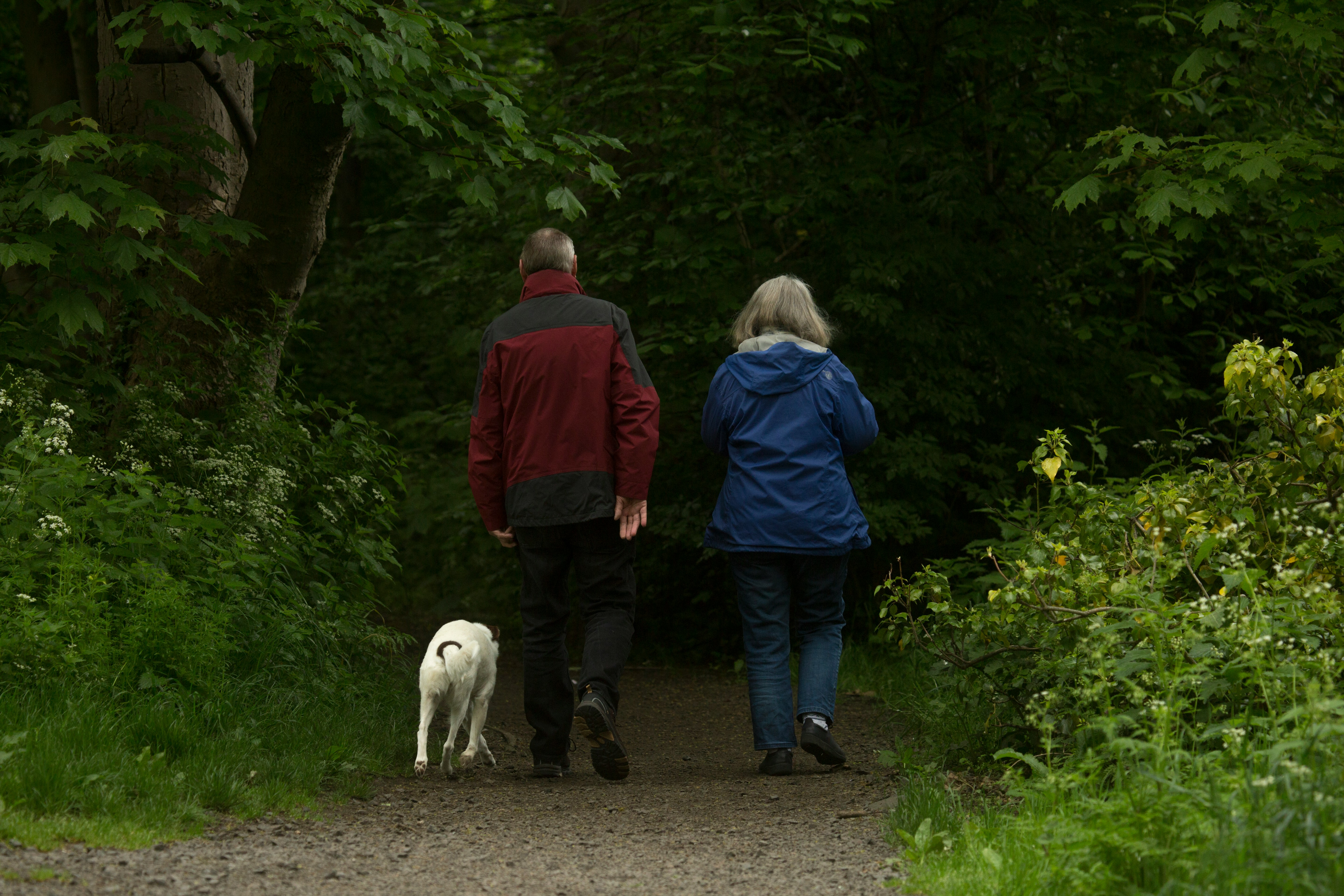The Garden of Friendship - Cultivating Deep Connections and Community in Your Later Years

Discover how the art of friendship deepens with age, creating bonds that nourish the soul and transform the golden years into a season of profound connection and mutual support
There's a particular quality to friendships formed and nurtured in later life that younger generations often struggle to understand. These relationships, freed from the competitive pressures of career-building years and the intense demands of child-rearing decades, possess a depth and authenticity that can only emerge when we finally have the time, wisdom, and emotional availability to truly see and appreciate one another. Like a garden that has been carefully tended over many seasons, mature friendships offer a special kind of beauty—one that comes from patience, understanding, and the recognition that time itself is precious.
The Evolution of Friendship Across Life's Seasons
The friendships of youth are often built on proximity, shared activities, or similar life circumstances. Young people become friends with classmates, neighbors, or colleagues, bonding over immediate experiences and common goals. These relationships, while meaningful, are frequently tested by geographic moves, career changes, or shifting family responsibilities.
Midlife friendships typically develop around shared obligations—other parents at school events, neighbors dealing with similar household challenges, or colleagues navigating professional demands. These connections often provide practical support and stress relief during life's busiest chapters, but they may struggle to survive major life transitions like job changes, divorce, or children leaving home.
The friendships of later life operate by different, more profound principles. Freed from the necessity of constant activity and achievement, older adults have the luxury of choosing companions based on genuine compatibility, shared values, and mutual appreciation rather than convenience or obligation. These friendships often develop more slowly but with greater intentionality, creating bonds that can weather life's storms with remarkable resilience.
The Unique Gifts of Mature Friendship
Perhaps the greatest gift of friendship in the golden years is the permission to be completely authentic. After decades of managing professional personas, parenting responsibilities, and social expectations, many older adults finally feel free to reveal their true selves—complete with quirks, opinions, vulnerabilities, and the wisdom that comes from having made plenty of mistakes along the way.
This authenticity creates a foundation for extraordinary intimacy. Conversations can move effortlessly from lighthearted banter to profound discussions about mortality, meaning, and what truly matters in life. Friends in their later years often find themselves exploring topics they never had time to discuss during busier life phases—philosophy, spirituality, art, literature, or simply the subtle beauty of everyday experiences.
The absence of romantic or professional competition allows these friendships to be purely supportive. There's no need to impress, achieve, or maintain facades. Instead, friends can focus entirely on understanding, encouraging, and enjoying one another's company. This creates a rare safe space where vulnerability is welcomed rather than feared.
Mature friendships also benefit from shared understanding of life's fundamental experiences. Friends in their golden years have typically navigated similar challenges—raising children, caring for aging parents, facing health concerns, experiencing loss, and adapting to major life changes. This common ground creates instant empathy and practical wisdom-sharing that younger people simply cannot provide for one another.
Finding Your Tribe
One of the most persistent myths about aging is that opportunities for new friendships diminish with age. In reality, retirement and the freedom from full-time obligations often create more opportunities for social connection than people have experienced since their school years. The challenge lies not in finding people but in approaching friendship-building with openness and intention.
Community centers, senior centers, and libraries offer numerous programs designed to bring like-minded people together. Book clubs, discussion groups, art classes, and volunteer organizations provide natural settings for meeting others who share your interests and values. The key is choosing activities that genuinely appeal to you rather than simply places where other older adults gather.
Religious and spiritual communities often provide particularly rich environments for friendship development. These settings naturally attract people who share fundamental values and are seeking meaning and connection. Many faith communities have specific programs for older adults that combine social interaction with spiritual growth and community service.
Volunteer work deserves special mention as a friendship incubator. Working alongside others toward meaningful goals creates bonds forged in shared purpose rather than mere social interaction. Whether it's serving meals at a food bank, reading to children at schools, or participating in environmental cleanup efforts, volunteer activities often attract people with generous spirits and commitment to making a difference.
For those with specific interests or hobbies, clubs and organizations dedicated to these pursuits offer natural friendship opportunities. Garden clubs, hiking groups, photography societies, bridge clubs, or historical preservation organizations bring together people who already share passionate interests, providing immediate common ground for developing relationships.
The Art of Deep Listening
One of the most valuable skills for cultivating meaningful friendships at any age is the practice of deep listening—the ability to be fully present with another person's words, emotions, and experiences. This skill often becomes more refined with age, as we learn to set aside our own agendas and truly focus on understanding others.
Deep listening involves more than simply waiting for your turn to speak. It requires genuine curiosity about another person's perspective, patient attention to both spoken words and underlying emotions, and the willingness to ask thoughtful questions that help others explore and express their own thoughts more fully.
Many older adults discover that they have stories they've never fully processed or understood until they find the right listener. Being that kind of listener for others—someone who receives their experiences with respect, interest, and empathy—creates profound bonds of trust and affection. These relationships often become mutually therapeutic, as both people feel truly seen and understood.
The practice of deep listening also involves being comfortable with silence, allowing pauses for reflection, and resisting the urge to immediately solve problems or offer advice unless specifically requested. Sometimes the greatest gift we can offer a friend is simply the experience of being heard without judgment or interruption.
Nurturing Existing Relationships
While forming new friendships receives much attention, the golden years also offer unprecedented opportunities to deepen and enrich existing relationships that may have been maintained at surface levels during busier life phases. Old school friends, former colleagues, distant relatives, or neighbors who were once just pleasant acquaintances can become sources of profound connection when approached with fresh intention and availability.
Reaching out to people from your past often yields surprising rewards. A simple phone call or letter to someone you haven't spoken with in years can reignite dormant friendships and reveal that others have been hoping for reconnection as well. Social media, despite its limitations, has made these reconnections easier than ever before, allowing people to find and contact others who have moved or changed names over the decades.
The process of rekindling old relationships often involves sharing how you've changed and grown over the years while discovering the ways others have evolved as well. These conversations can be deeply satisfying, as they allow people to integrate their past and present selves while appreciating the continuity of certain friendships across time.
Some of the most rewarding relationships in later life come from deepening connections with family members who were previously known primarily in their roles as relatives rather than as individuals. Adult children, once freed from parent-child dynamics, can become genuine friends. Siblings who may have drifted apart during busy middle years often rediscover each other as companions and confidants.
Creating Circles of Support
The most resilient and satisfying social lives in later years often involve multiple circles of friendship rather than dependence on just one or two relationships. These might include intimate friendships with one or two people who know you most deeply, a wider circle of regular companions for activities and casual socializing, and an even broader network of acquaintances who provide connection to community and shared interests.
Building these multiple circles requires intentional effort but pays enormous dividends in terms of social security and life satisfaction. Having various types of relationships means that the loss of one friendship, while still painful, doesn't leave you completely isolated. Different friends can meet different needs—some for deep emotional support, others for shared activities, still others for intellectual stimulation or practical assistance.
Many successful friend-builders in later life adopt what might be called a "friendship portfolio" approach. They invest time and energy in maintaining several different types of relationships, being mindful not to overwhelm any single friendship with excessive demands while ensuring they have adequate social support and stimulation.
This approach also involves being a good friend yourself—remembering important events in others' lives, offering support during difficult times, celebrating successes, and being reliable and trustworthy. The golden years often provide the emotional stability and life experience needed to be an exceptionally good friend to others.
Overcoming Social Barriers
Many older adults face unique challenges in building and maintaining friendships. Mobility limitations, health concerns, fixed incomes, or the loss of natural social environments like workplaces can create barriers to social connection. However, these obstacles, while real, need not be insurmountable.
Transportation challenges can often be addressed through creative solutions. Many communities offer senior transportation services, ride-sharing programs specifically for older adults, or volunteer driver programs. Some friendship groups develop carpooling arrangements that provide both practical transportation and additional social interaction.
Health limitations may require modifications to social activities but don't necessarily prevent meaningful connections. Phone friendships, email correspondence, or video calls can maintain important relationships when physical gatherings become difficult. Some of the deepest friendships among older adults develop primarily through these alternative communication methods.
Financial constraints need not prevent social engagement. Many meaningful social activities—walking in parks, visiting free museums, attending library programs, or simply meeting for coffee—require minimal financial investment. The key is focusing on connection rather than expensive entertainment or elaborate activities.
Perhaps the most significant barrier to friendship in later life is the grief that comes from losing long-term friends and family members. This natural part of aging can make people reluctant to invest in new relationships, fearing future loss. While this protective instinct is understandable, it can lead to increasing isolation and loneliness. The courage to remain open to new connections, despite the reality of eventual loss, represents one of the most profound acts of hope and resilience available in later life.
The Reciprocal Nature of Giving and Receiving
Healthy friendships in the golden years are characterized by mutual support rather than one-sided caregiving relationships. Each person brings unique strengths, experiences, and resources to the friendship, creating opportunities for both giving and receiving assistance, comfort, and companionship.
This reciprocity might involve practical exchanges—one friend who drives helping another who cooks well, or someone comfortable with technology assisting a friend who excels at traditional crafts. More often, the exchanges are emotional and social—listening to each other's concerns, celebrating successes together, providing encouragement during challenging times, and simply offering the gift of reliable companionship.
Many older adults discover that they have more to offer friends than they initially realized. Decades of life experience have created reservoirs of wisdom, practical skills, and emotional intelligence that can be enormously valuable to others. The key is recognizing these gifts and being willing to share them generously while also accepting help and support when needed.
Building Community Beyond Individual Friendships
While one-on-one friendships form the core of most people's social lives, participating in broader community creates additional layers of connection and belonging. This might involve joining or helping to organize regular gatherings—monthly potluck dinners, walking groups, book discussions, or hobby clubs that bring together people with shared interests.
Creating or participating in mutual support networks can provide both practical assistance and social connection. Some neighborhoods organize informal systems where residents check on each other regularly, share resources like tools or transportation, or coordinate help during emergencies or health challenges.
Many older adults find deep satisfaction in becoming community builders themselves—organizing events, facilitating connections between others, or creating programs that address community needs. This kind of leadership often generates numerous friendship opportunities while providing a sense of purpose and contribution.
The Lasting Harvest
The friendships cultivated in later life often become among the most treasured relationships of our entire lives. Free from the complications and competing demands that characterized earlier decades, these bonds can develop with a purity and depth that younger friendships rarely achieve.
Like a carefully tended garden, the friendship circles of the golden years require attention, care, and patience to flourish. But the harvest they provide—companionship, support, laughter, understanding, and the deep satisfaction of being truly known and appreciated—makes every effort worthwhile.
In nurturing these connections, we not only enrich our own lives but contribute to the wellbeing of others who are navigating similar life transitions. We become part of communities of mutual care that demonstrate aging's potential for continued growth, contribution, and joy. The garden of friendship in later life proves that some of the most beautiful blooms appear not in spring's eager rush but in the patient, considered seasons that follow.





